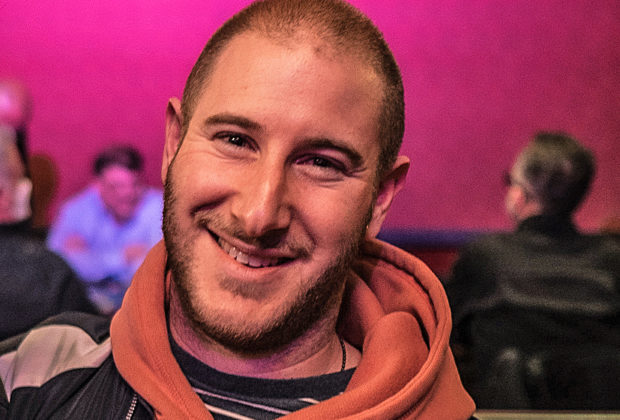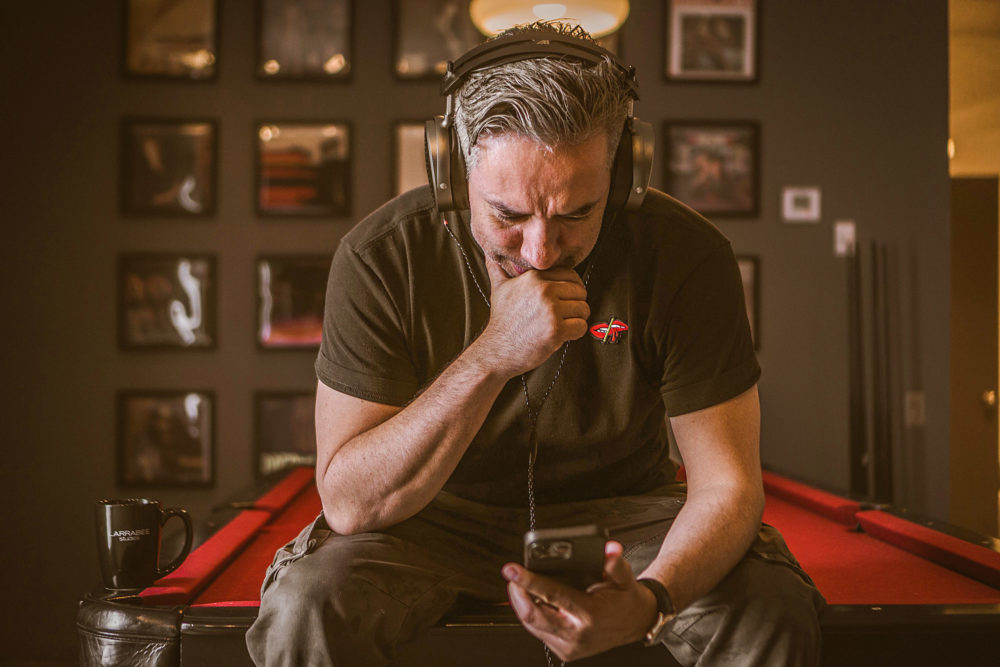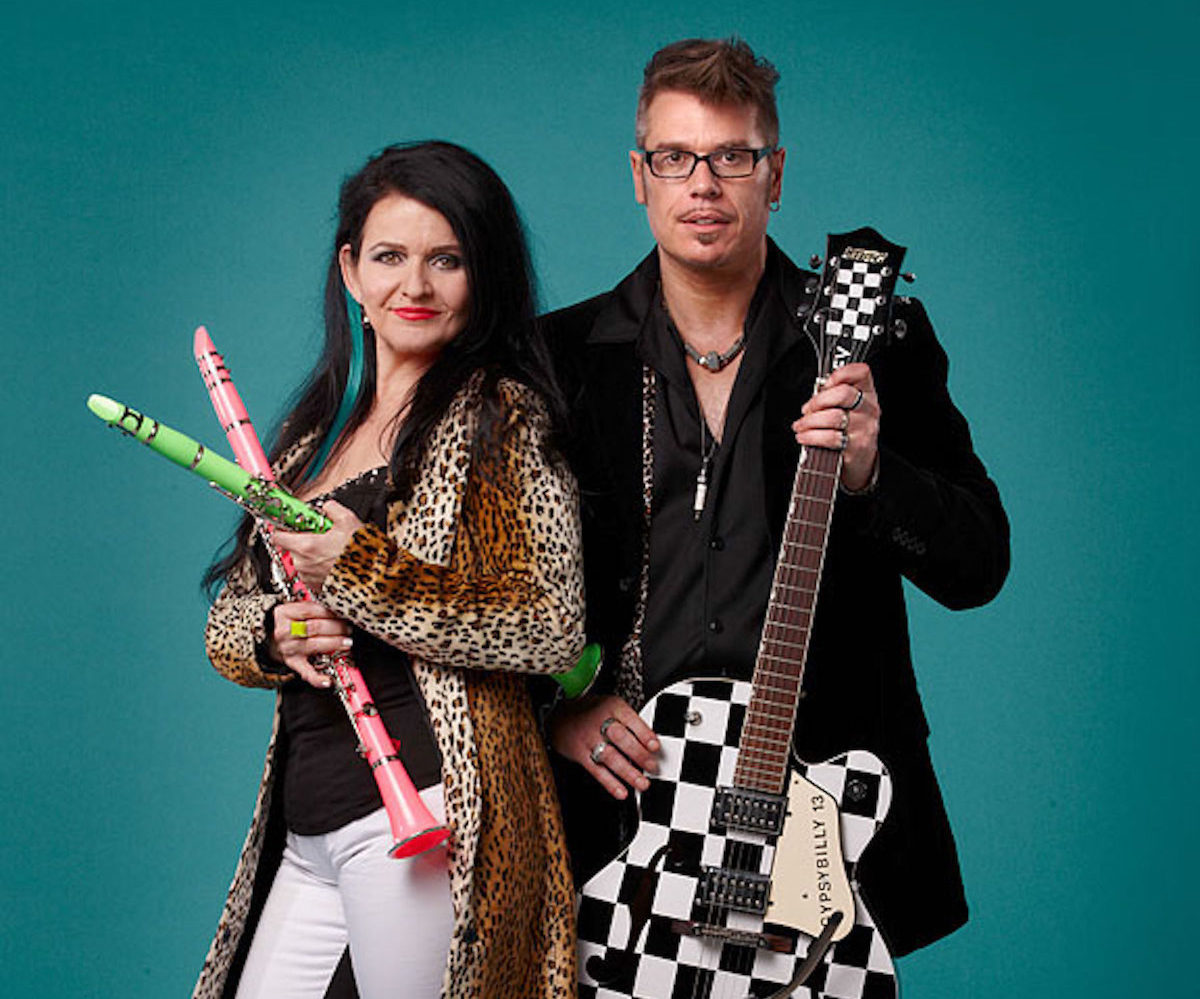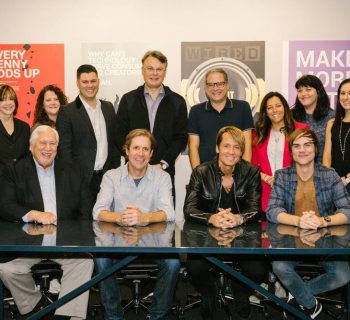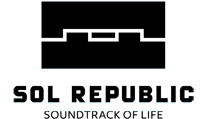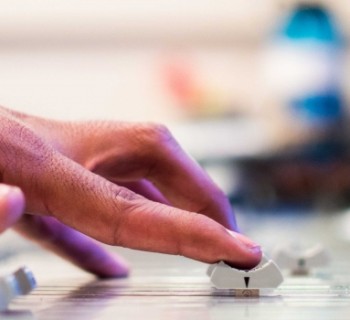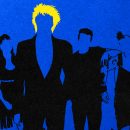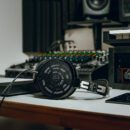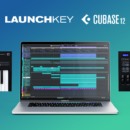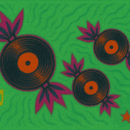Lucas Sacks
Director of Booking
Brooklyn Bowl Williamsburg & Brooklyn Bowl Philadelphia
Years with Company: 10
Address: 61 Wythe Ave., Brooklyn, NY;
1009 Canal St., Philadelphia, PA
Phone: 718-963-3369
Web: brooklynbowl.com
Email: lucas@brooklynbowl.com
BACKGROUND
Bowling and music might not seem like a natural pairing, but Brooklyn Bowl cracked a winning formula for uniting them 13 years ago. Lucas Sacks joined the organization three years into the chain’s existence, and he’s been booking artists to play their stages ever since.
Striking Out
I play guitar and bass. I was in a cover band at the Jersey Shore, where I grew up, when I was in high school. I did our booking and marketing, made sure we got paid, and helped figure out what gigs we were going to do. That led me to going to Syracuse [University] for a music business degree. I was in the Bandier Program. It was pretty new when I got there in 2008.
I did some college booking as well, interned for Soulive’s manager one summer, and stayed in touch with him. When I was graduating, I wasn’t sure if I wanted to do management or be a promoter or talent buyer. And the connection was there between Soulive and Booklyn Bowl; they’ve played here more than any other band. So their manager connected me to Brooklyn Bowl. I started as an intern in the booking department. They hired me a few months later as an assistant. That was the summer of 2012.
My boss left in 2014, so I was promoted to being the main talent buyer and eventually became the director of booking. We opened Brooklyn Bowl in Philadelphia this past November. I’m the director of booking for both those rooms.
Bowlive and 13th Anniversary
Brooklyn Bowl opened in 2009. Our owner had always been close with Soulive. And he worked with them to create Bowlive, which was originally a 10-night run of shows where Soulive was the headliner. They’d have different openers every night. They’ve had Derek [Trucks] and Susan [Tedeschi] from Tedeschi Trucks Band. They’ve had Talib Kweli and Questlove and George Porter Jr. from The Meters, John Scofield, everybody across all genres. People would come all 10 nights. We did custom merch. There were concert films created out of it. Then we started doing livestreams.
But we’ve had them play on our [company’s] anniversary before. We’ve also had them play on New Year’s multiple times. These are their only shows this calendar year, so we figured this was a good way to ring in the new year of Brooklyn Bowl. We were supposed to do New Year’s and, because of Omicron, a lot of shows got moved. We moved [Bowlive] to our anniversary, because why wouldn’t we make it on our other special weekend?
Booking the Bowl
Because we’re an 850-capacity venue in New York and a 900-capacity venue in Philadelphia, we prioritize national touring bands. We typically talk to booking agents for most of our outreach. A lot of the time, they come to us. But we also work closely with local bands. We look at all the social numbers. We watch live videos more than listen to recorded audio; we like to make sure it’s a good live show.
Sometimes, we’ll get suggestions from bands we have an established history with. But we like to make sure bands are selling about 100 tickets in New York at reputable venues as a starting point.
Pitching Yourself as a Performer
Be clear but concise. We like details. Where have you played? When were the shows? How much were the tickets? Who were the other bands on the bill? And have links for your socials, website, bio, and photos. Again, the live video footage is important.
Some of Everything
We work across many genres. We might have a bluegrass band on Thursday, an old school, hip-hop show on Friday, emo night/karaoke late Friday night, and a gospel group on Saturday. That keeps it fun and different.
Bowling Green
I think we’re the first bowling alley in the world to be LEED certified [for environmental sustainability]. We’re partially wind-powered and use less energy. Part of the goal is to be more efficient, so we have bowling pins on strings. They’re much more efficient, but it also makes them quieter.
A Sound Business
We do a lot of noise dampening. It’s significantly quieter than a traditional bowling alley. Most of the time, the bands play loud enough. We’re not really doing acoustic, solo and jazz things as much as possible, just because of that.
Crisis Management
There are a lot of things that can go wrong and require real-time adaptability. Shows get cancelled the day of. Gear doesn’t arrive. Something gets broken. And because we do hundreds of shows a year, we’re dealing with that pretty regularly.
It’s now much more common where a show will be selling poorly and the band will push out the whole tour by a few months and reschedule. Or somebody gets COVID. It’s definitely been a challenge.
On a personal level, I was on furlough for 10 months and picked up a part-time gig doing charity concerts that were COVID-friendly down in Georgia. But Brooklyn Bowl was closed for 18 months. Most of the staff came back once we reopened.
Exclusive Appeal
We started working with The Hold Steady to do a four-night residency the week after Thanksgiving. They have a really dedicated fan base; people fly all over the world to see them.
Before we were working with them, they would rent a bus to go on tour. Once we convinced them to do this residency, they realized people would come to them if they made it exclusive. Because of that, they sell a lot of custom merch. People who went to all the shows were able to get a custom-embroidered bowling shirt.
We work closely with bands to create a VIP sound check party or bowling with the band [event] or eating a fried chicken dinner with the band. We create custom posters. I get to wear my producer hat and come up with these concepts.
Everyone Feels the Pinch
The margins are small for bands right now because of inflation, and promoters whose venues weren’t open are trying to be a little more careful about how much money they’re guaranteeing artists. And artists need more money because they haven’t been making it for two years either. It’s a bit of a chicken and the egg scenario.
From Sound Check to Mental Health Check
One thing that doesn’t come up enough in the music business is mental health. I work with a [nonprofit] called Backline. One of my coworkers is a founding board member. Some of the other board members work in the industry. It’s super important to know there are resources for anyone in need. MusiCares, as well, has been really stepping up. There’s a lot of discussion about sobriety. For a lot of artists who might not have been working for a large chunk of time, knowing there are outlets, being comfortable talking about it and asking for help, that’s something that should be addressed.

